Main findings from research:
An expansive 1994 study by the Search Institute comparing adopted teens to other teens found that:
- Adopted teens scored higher on indicators of well-being such as school performance, friendships, volunteerism, self-esteem and optimism.
- Adopted teens scored lower on indicators of high-risk behavior such as depression, alcohol use, vandalism, and police trouble.
- Compared to their non-adopted siblings, adopted teens showed no significant difference in their perception of similarities between themselves and adoptive parents in terms of interests.
- Children adopted transracially showed no differences in terms of identity formation and self-esteem, attachment to parents, or psychological health.
Many other studies have reached similar findings. These include:
- Adopted children are well-integrated into their families and schools and show good psychological outcomes. There are few differences between children who have been adopted and their non-adopted peers (Palacios and Sanchez-Sand0val, 2005).
- Long-term outcomes are positive for adopted children, and generally show little or no difference compared to non-adopted children (Bens0n, 2004).
- The vast majority of adopted children show behavior patterns and emotional and academic adjustment very similar to those of non-adopted children (PalacIos and Sanchez-Sand0val, 2005, Vrand and BrinIch, 1999, Brodzinsky, 1987).
- Numerous studies indicate that adoptive parents report high levels of satisfaction with their adoption (Barth and Br0oks, 2000).
- People who were adopted fare significantly better than those children who remain in negligent, abusive birth families, or in foster care or institutions (Maugh*n et al., 1998, Br0dzinsky et al., 1998).
- If adopted individuals did experience adoption-related struggles, most of these struggles significantly diminished or disappeared by young adulthood (FeIgelman, 1997).
- People who were adopted reported more confidence in their judgment than non-adopted persons, viewed others more positively, and saw their parents as significantly more nurturing, comforting, and protectively concerned and helpful (MarquIs and DetweIler, 1985).







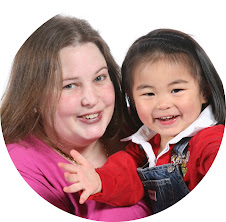





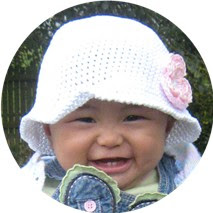

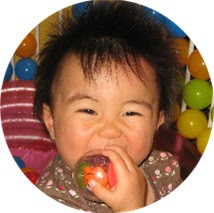








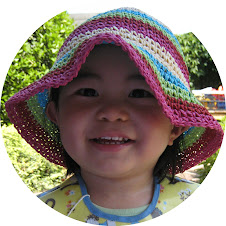




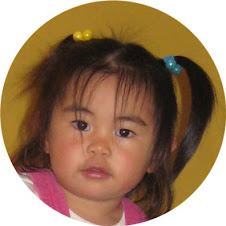













2 comments:
THANK YOU for posting this. I made a link to it to my blog. I hope you don't mind. :)
Melissa
Thanks for posting the real deal. I'm always happy to see valid research related to adoption. I may link to you, too :)
Post a Comment